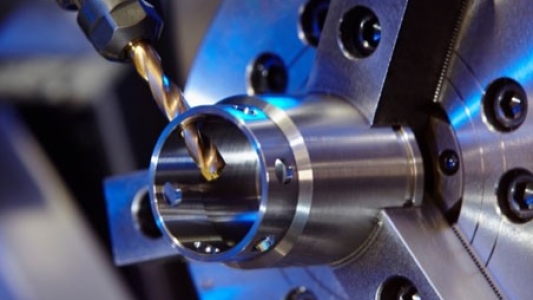MOST CREATIVE IDEAS
Manufacturing Technology
Forging Technology
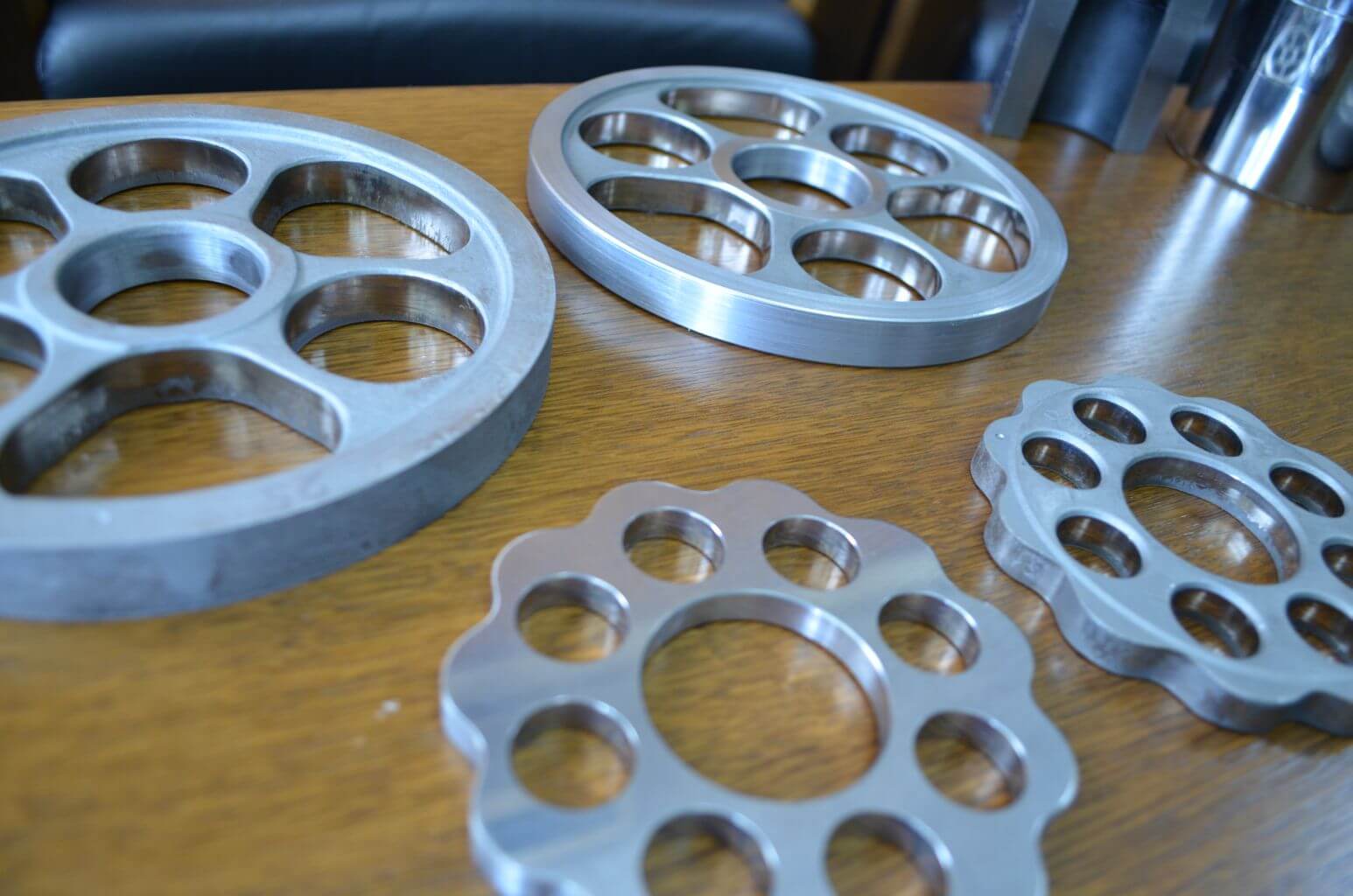
Forging can be defined as a manufacturing process in which the materials are subjected to compressive forces or stress that changes the shape of the metal into a desired shape. In general, forging is an illustration for deformation process.Previously, forging process was carried in a traditional manner. After the industrial revolution took place, modern forging techniques came into existence.Metal forging plays a vital role in manufacturing industry. We provide you explanations regarding all aspects that are related to metal forging for both experts and starters.
Our objective is to provide you the basic and advanced foundation of metal forging.
We are offering a detailed training on forging that includes various topics as mentioned further. Forging meaning, the process how forging is carried out, materials and the machines that are used in forging process, advantages, forging type, casting, forging products and much more.
Casting Process
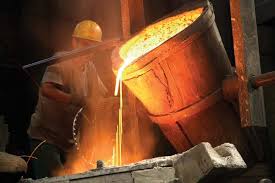
Casting process is considered to be the oldest form of manufacturing process. Casting is a manufacturing process where a liquid material is poured into a mould, which contains a hollow cavity of the desired shape, and then allowed to solidify and that solidified part is termed as CASTING.
We aim at providing a complete understanding of all aspects of the continuous casting process, particularly the requirements to cast defect-free products.
We aim at training people working in steel industry, including suppliers of consumables and services, metallurgists, operational managers, technical and quality control personnel. We have included casting machine design, moulding process and strand solidification, cleaning process, process modelling, optimization process, scarfing and slitting, casting requirements, product requirements. We have included Practical aspects covering physical modelling laboratory, moulding and metallurgical laboratory.
This training is helpful in gaining a detailed knowledge of casting process, including machine design, operations and product.
Plastics Technology

Plastics processing means conversion of plastics materials in the form of pellets, granules, powders, sheets, fluids, or preforms into formed shapes or parts.
This training is especially for those working in the plastics industry who want to enhance their understanding of plastic materials and applications, this training provides an understanding of plastic materials, tooling, processing and testing, with an emphasis on injection moulding.
Individuals will learn about different types of plastic materials and how material choice relates to part performance and will apply knowledge gained to improve day-today work and be able to communicate effectively with various disciplines within the industry.
On completion of the training, one will be able to differentiate the characteristics of different plastic materials, discriminate the advantages and limitations of the process. Our training also includes design and processing techniques, engineering fundamental applications on plastics part design.
Coating Technology
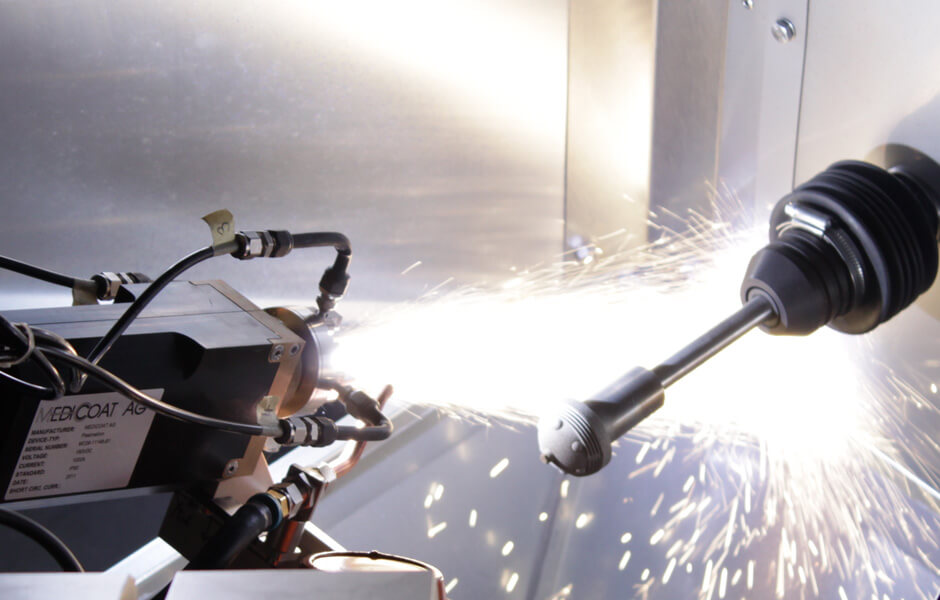
Coating process is covering the surface of an object, that covered surface is termed as substrate.
We offer brief understanding of coating technology covering functional operations of coating process, how the process is carried out, vapour deposition, chemical and electrochemical techniques, spraying, formulations, plastic film and printed electronics, adhesion tester.
Also we provide training on topics covering electroplating process, conversion coating, electroless coating, and passivation. Cleaning, pickling and rust removal, powder coating.
We're constantly investing in our facility, science and staff, and take great pride in offering the rare combination of today's most advanced protective coating techniques with personalized service you can rely on.
We aim at providing an intense training to the individuals who are very much interested in building their career in coating technology.
People from mechanical, automotive engineering background or individuals with experience in operational management, metallurgical labs can take up this training.
Process planning & Estimation

Our purpose of this training is to introduce process planning and cost estimation in an integrated manner for the students of mechanical and production engineering. Process planning and costing are considered to be the most critical factors to achieve success for a manufacturing enterprise.
The world is an international market place. Process planning must be logical, rational, economical and cost of products, sub-assemblies and also be accurate, to correctly determine the profitability of various manufacturing products.
This training provides an introduction to process planning, costing system and cost estimating relationships for manufacturing, also helpful for understanding types of basic relationships used for costing and estimating and illustrates how they can be used. Process planning involves product designing and steps involved in designing process, types of production and their characteristics, BOM concepts, routing and route sheet in the context of process panning.
Cost estimation includes differentiation between costing and cost estimation, various component of cost estimate, procedures.
Sheet Metal Design
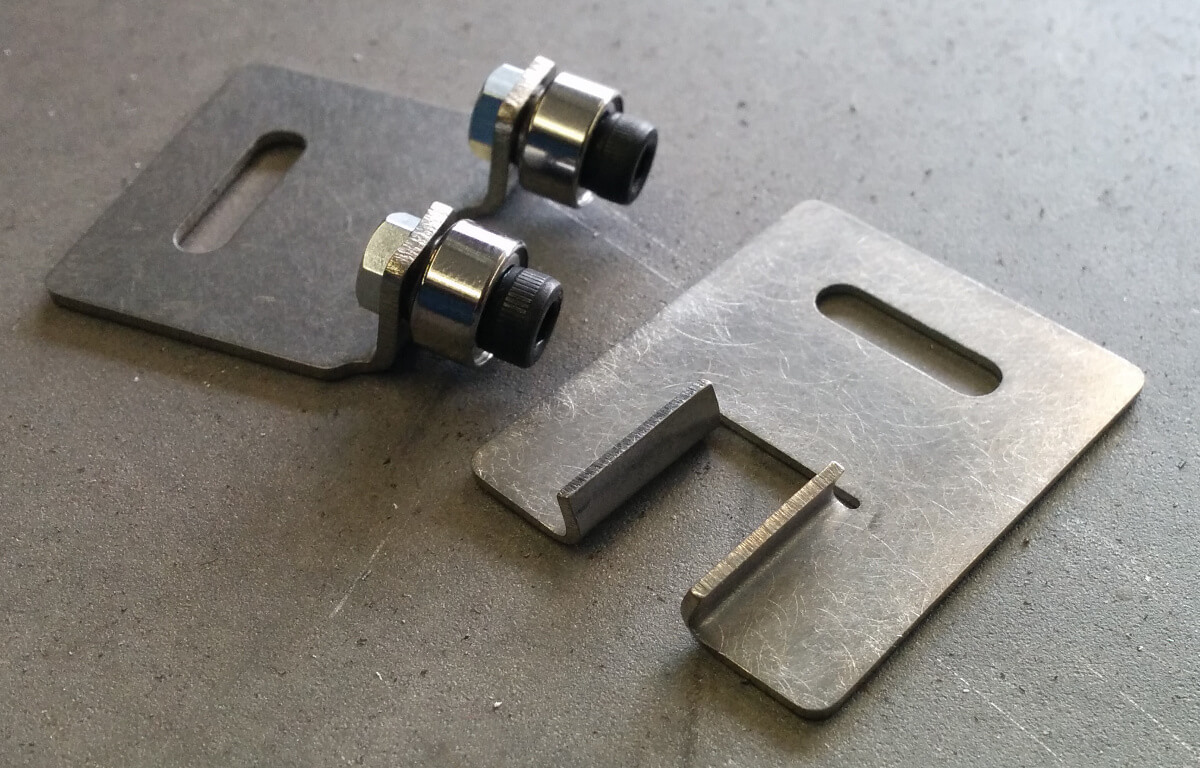
This can be explained as conversion of SOLIDWORKS or imported CAD models, create original parts, or design around a group of parts. Generate Base, Edge, and Swept Flanges. Generate bends, including Lofted Bends, Sketched Bends, and more.
We cover topics including sheet metal overview and definitions, base features, contour flange, explanation on flanges, corners and bend relief, hem, using live rules in sheet metals, deformation features, jog, creating flat patterns. The Solid Edge Sheet Metal application is specialized for modelling straight brake sheet metal parts.
Once you complete this training, you will be able to set parameters for sheet metal, such as bend radius and material thickness, place and manipulate flanges and bends, specify sheet metal treatments and corner parameters, place holes, cut-outs, dimples, louvers, beads, gussets, modify geometry using live rules for synchronous design, prepare the sheet metal geometry for downstream manufacturing processes such as creating a flat pattern.
Jigs & Fixture Design
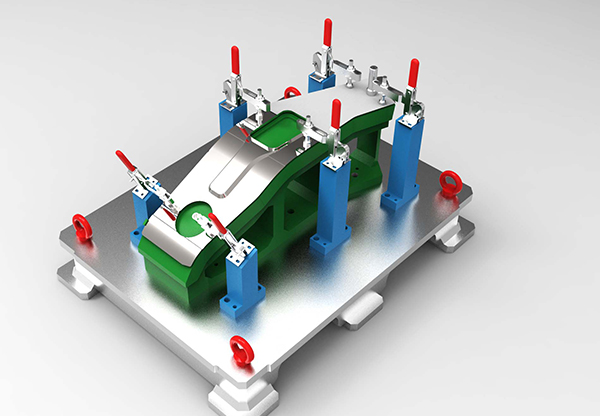
This training will help the students to understand the complex field of Tool Design. Emphasis will be placed on Jig & Fixture Design with respect to the manufacturing industry. This creative, lab oriented, problem solving training includes the generation of complete working drawings from initial concept to the final outcome.
The training starts with an introduction to the manufacturing processing requirements in industrial practice. The concepts of accuracy and errors of manufacturing are introduced with reference to the practical manufacturing processes.
The importance of tooling in manufacturing will be related with the various design aspects related to most widely used tooling such as jigs and fixtures, press tools, cutting tools, inspection gages and welding jigs. Lectures on the tooling design are given with enough practical and standard information to validate the basic concepts and their application. Design exercises would be used to demonstrate the principles.
Advanced Manufacturing

Since 21st century, the market place is evolving into one of merging national markets, fragmented consumer markets, and rapidly changing product technologies. These changes are driving firms to compete, again and again, along several different dimensions: design, manufacturing, distribution, communication, sales and others. Progress in human society has been accomplished by the creation of new technologies.
We include topics covering metal forming, advanced welding, casting and forging process, advanced techniques for material processing, micro machining process, additive manufacturing process, measurement process in micro machining.
This training can be taken by well experienced people from operational management, metallurgy department, and students from mechanical and industrial production background and individual who want to build their career in fast moving manufacturing technology.
We also provide the laboratory facilities in order to have a practical knowledge related to concepts and activities among different concepts are provided.
NC Programming
